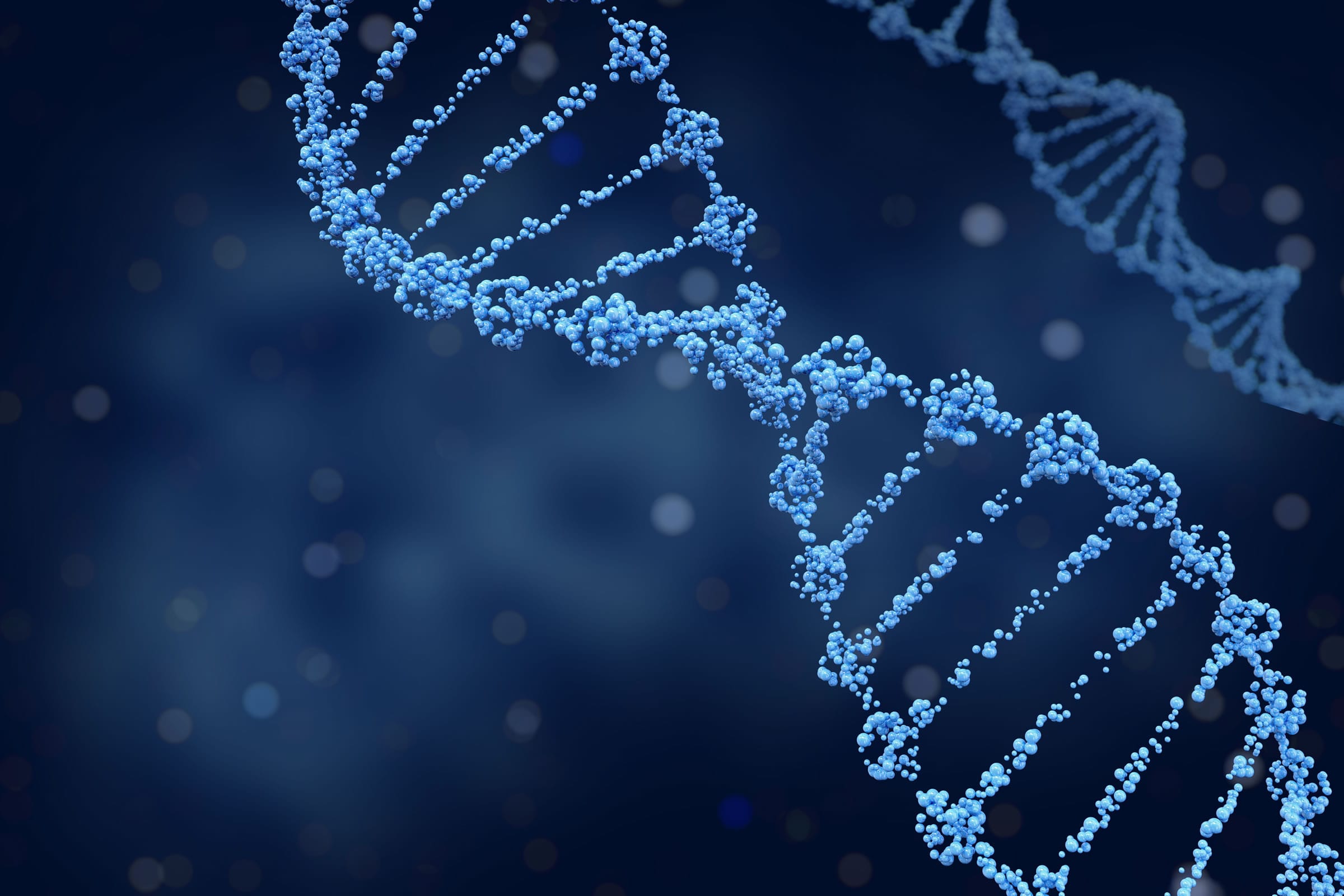The fasting mimicking diet (FMD) has gained popularity as a scientifically backed approach to promote cellular repair and metabolic health without the potential downsides of traditional fasting. Unlike water-only fasting, which can lead to muscle loss and metabolic slowdown, the fasting mimicking diet provides low-calorie, nutrient-rich, plant-based meals that stimulate autophagy and detoxification while preserving lean muscle mass.
One common concern with fasting or calorie restriction is the potential for muscle loss. However, evidence suggests that short-term fasting mimicking diets, such as the Chenot Diet®, are unlikely to lead to muscle atrophy when properly designed and implemented.

What is the Fasting Mimicking Diet (FMD)?
The fasting mimicking diet is a plant-based, low-calorie, and low-protein diet that simulates the biological effects of fasting while allowing some food intake. It typically lasts between four to seven days and consists of approximately 30% to 50% of the individual’s normal caloric intake, with a nutrient balance designed to avoid triggering the body’s nutrient-sensing pathways (e.g., mTOR and IGF-1).
How the FMD Works:
- Calorie Restriction: The body is put into a fasting state by providing very low calories (~700 to 1,100 kcal/day).
- Low Protein: Minimising protein intake reduces the activation of the mTOR pathway, which regulates cell growth and metabolism.
- Plant-Based Nutrients: The diet includes vegetables, grains, nuts, seeds, and herbal teas, which provide essential vitamins and minerals with minimal stimulation of insulin or IGF-1.
The goal of the FMD is to activate cellular autophagy — a natural process where cells remove damaged components and recycle proteins for energy. This process enhances cellular repair and regeneration, reduces inflammation, and may slow down ageing.
The Science of Autophagy and Muscle Preservation
Autophagy is a cellular process where cells break down and remove damaged or dysfunctional proteins and organelles. It serves as a maintenance system, improving cellular health and efficiency. Fasting and caloric restriction are known to activate autophagy by inhibiting the mTOR pathway and activating AMP-activated protein kinase (AMPK). Therefore, the organism shifts from “growth” to “defence and repair”. Such metabolic resilience has been dictated by nature, which shaped our genome around 25.000 years ago, when feeding was not guaranteed and was meant to take place during daytime only.
Autophagy and Muscle Mass
One of the main concerns with fasting or calorie restriction is muscle loss. However, recent studies suggest that fasting-induced autophagy does not necessarily lead to muscle atrophy:
- A 2018 study published in the European Journal of Translational Myology showed that increasing autophagy through fasting or rapamycin treatment did not lead to muscle loss in denervated muscle tissue. The researchers concluded that autophagy does not play a major role in muscle degradation and may even help maintain muscle health by removing dysfunctional proteins and mitochondria. ¹
- A 2021 study in the European Journal of Applied Physiology found that a five-day fasting mimicking diet preserved muscle function and strength in young, healthy males. ² Muscle biopsies showed no reduction in muscle fibre size or contractility, suggesting that short-term fasting does not cause muscle catabolism.
- The activation of AMPK during fasting has also been linked to improved muscle metabolism and increased mitochondrial biogenesis — processes that enhance muscle endurance and reduce fatigue rather than causing muscle breakdown. ³
Why Muscle Loss Is Unlikely During a Fasting-Mimicking Diet (FMD)
- Preserved mTOR Activity:
Although fasting temporarily suppresses mTOR signalling (key to muscle growth), the short duration of an FMD prevents prolonged inhibition. This allows muscle integrity to be maintained.
- Elevated Growth Hormone (GH):
To help preserving lean muscle mass and stimulate lipolysis during periods of food scarcity, a marked increase in GH is observed. This is orchestrated by low insulin levels, diminished circulating blood glucose, as well as increased hunger hormone ghrelin. GH levels can increase up to 5-fold following a 24-hour fast, with higher magnitudes upon extended fasts albeit GH levels tend to peak early and may plateau or decline over time.
- Ketosis Promotes Muscle Preservation:
As the body shifts to fat metabolism, its reliance on muscle protein for energy decreases. This metabolic switch is protective of muscle tissue.
- Mild, Temporary Protein Restriction:
Unlike chronic undernourishment, the reduced protein intake in an FMD is short-lived and carefully calibrated. This minimises the risk of muscle atrophy.
- Maintained Muscle Protein Synthesis:
Although protein intake is reduced, muscle protein synthesis continues. The body becomes more efficient at utilising available amino acids during short fasts.

- Post-Fast Rebound in Muscle Synthesis:
Studies (e.g. Cell Metabolism) show that muscle mass and strength are preserved during FMDs, with an increase in muscle protein synthesis after the fasting cycle ends.
Research has shown that short-term fasting does not reduce muscle strength or mass when protein intake is resumed after the fasting period. A study published in Cell Metabolism found that muscle mass and performance were maintained following fasting-mimicking cycles, with a rebound effect where muscle synthesis was enhanced after the fasting period. ⁵
The Chenot Diet®
The Chenot Diet® is a specific form of fasting mimicking diet that delivers approximately 850 kcal per day through plant-based meals over a seven-day period. The Chenot Diet® is designed to provide the benefits of fasting while minimising negative side effects such as muscle loss, fatigue, and nutrient deficiencies.
Key Components of the Chenot Diet®:
- Calorie- and Protein-Restrictive by Design:
The diet is low in calories and protein to trigger autophagy — the body’s natural cellular renewal process — while avoiding nutritional deficiency.
- Targeted Macronutrient Distribution:
With an approximate split of 45% carbohydrates, 45% fats, and 10% protein, the Chenot Diet® is designed to support key metabolic functions while stimulating cellular cleansing mechanisms linked to longevity.
- Support for Brain Metabolism:
A precise amount of complex carbohydrates and natural plant-based sugars — approximately 96g/day — is provided. This meets the brain’s baseline energy requirement (~100–120g/day), avoiding the stress response commonly triggered by ultra-low carbohydrate fasting regimens.
- Muscle Preservation through Metabolic Buffering:
The inclusion of moderate carbohydrates serves as a primary energy source, reducing the body’s reliance on amino acids for fuel. As a result, muscle protein is preserved despite overall calorie restriction.
- Rich in Protective Compounds:
The diet is high in polyphenols and antioxidants, helping reduce oxidative stress and supporting cellular repair during the fasting-mimicking phase.
The fasting mimicking diet provides a powerful tool for improving health and supporting cellular repair — all without the common drawback of muscle loss associated with traditional fasting. Studies have shown that short-term fasting mimicking diets preserve muscle mass and strength by enhancing fat metabolism, increasing growth hormone, and activating autophagy without promoting muscle breakdown.
References:
- Pigna E, et al. European Journal of Translational Myology. 2018.
- Moro T, et al. European Journal of Applied Physiology. 2021.
- Greer EL, Oskoui PR, Banko MR, et al. Journal of Biological Chemistry. 2007.
- Bodine SC, et al. Nature Cell Biology. 2001.
- Longo VD, et al. Cell Metabolism. 2016.
- Brandhorst S, et al. Science Translational Medicine. 2015.

Detox Programme
Our signature Chenot programme aims to induce a deep purification and detoxification of the body to eliminate toxins, increase vitality, reset energy levels and rebalance its physiology.
CHF 5’500
Detox Programme
Relax your brain, revitalise your body – Chenot’s Recover & Energise programme reduces chronic stress and fatigue which restores optimal energy levels.
CHF 6’400
Detox Programme
Chenot’s most intense health span enhancing programme combining our signature detox with high-impact rejuvenation to delay the onset of biological ageing.
CHF 7’100
Detox Programme
Restore natural sleep rhythms and accelerate recovery with targeted treatments timed to your chronotype – built on the extraordinary power of our Recover & Energise programme.
CHF 7’960
Diagnostics & Optimisation
State-of-the-art medical diagnostics and functional testing for a precise and time-efficient overview of how your daily choices impact your health.
CHF 6’100





